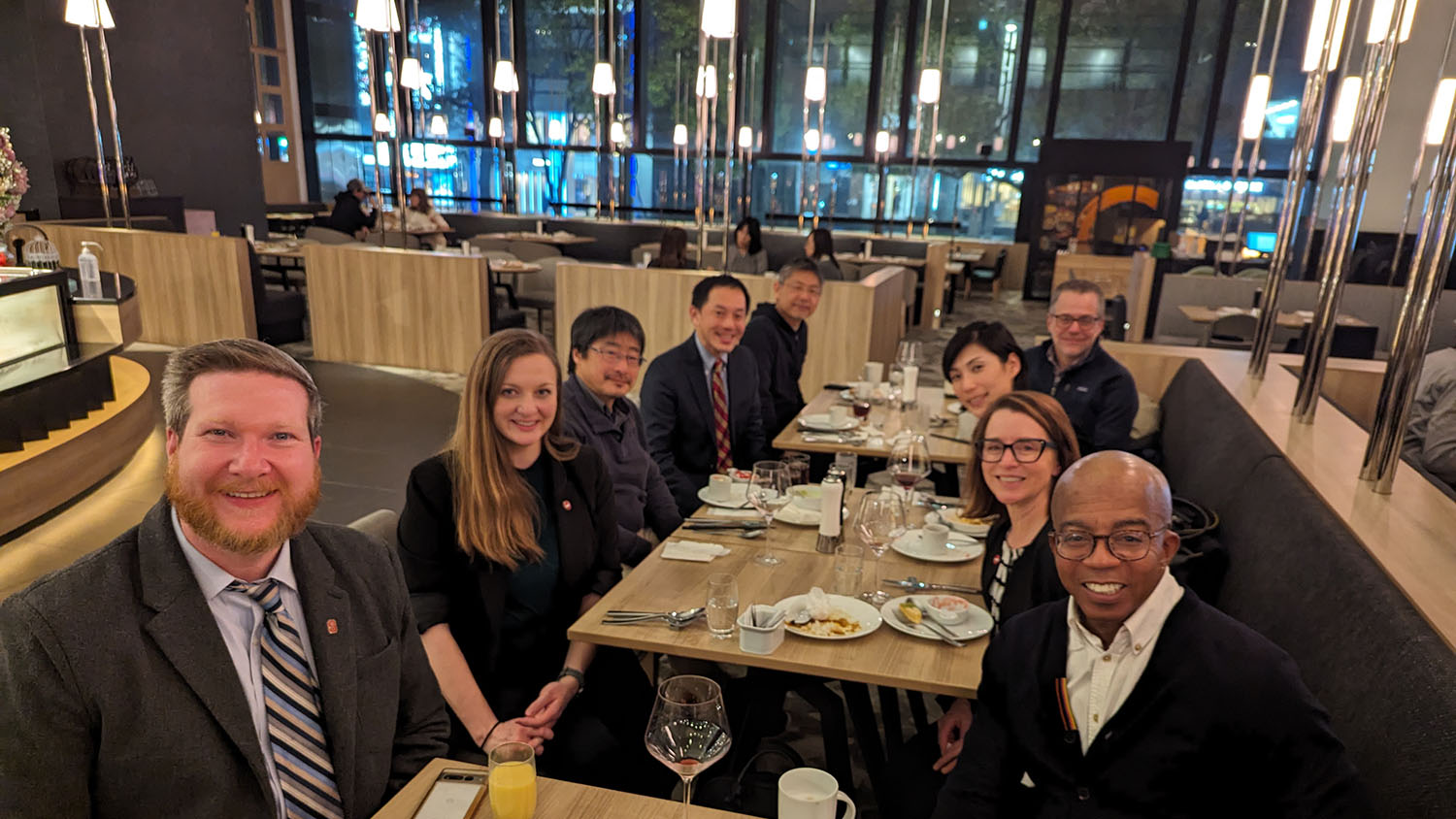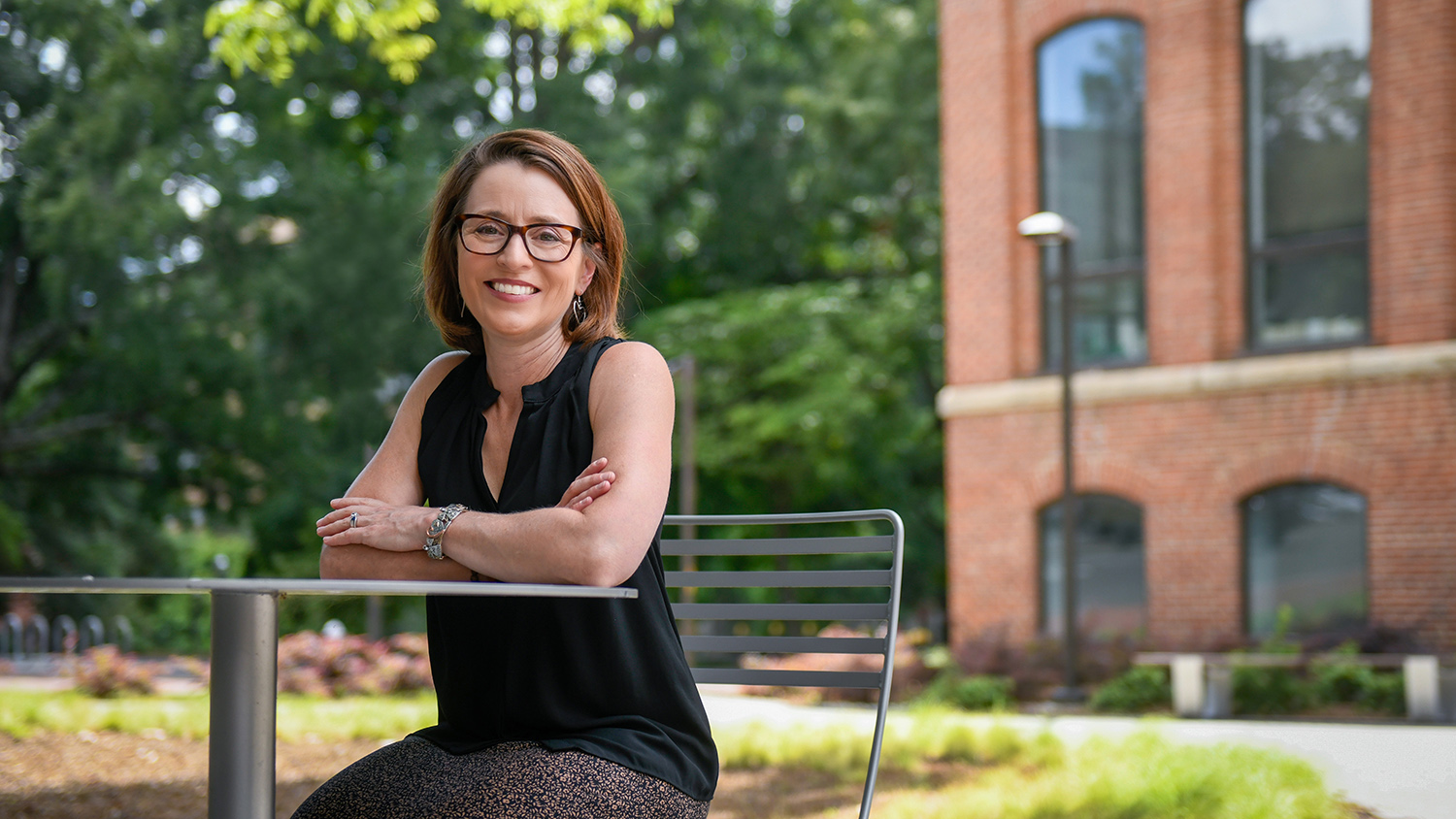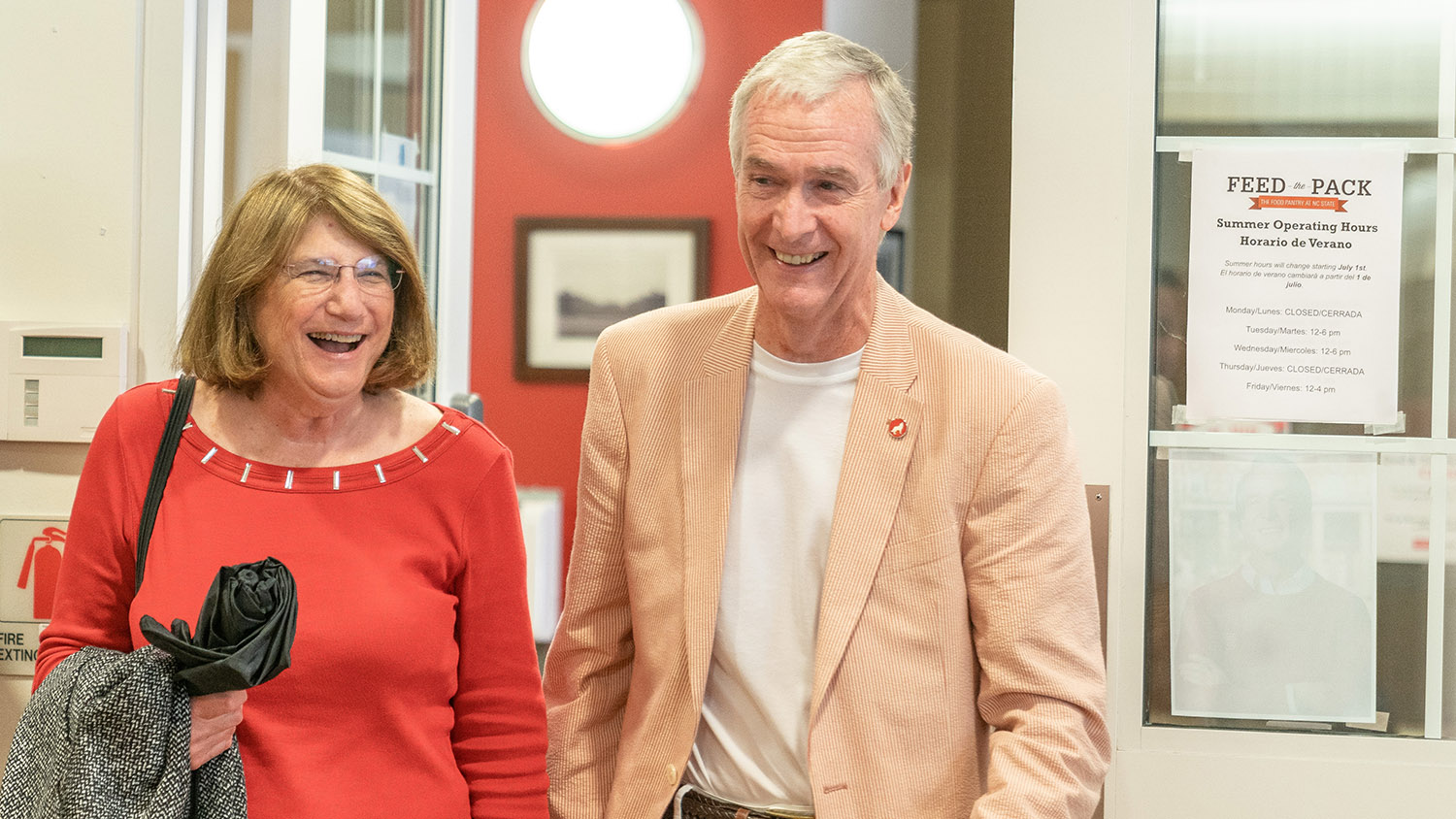The Dean’s Corner: The Power of Poetry

I recently attended two events that seemed at first blush to be quite different: a poetry reading (delivered in Arabic and English) sponsored by CHASS, and a dinner of US Special Operations Command officers to which I’d been invited by Col. Ken Rataschack, Commander of NC State’s ROTC unit. The contrast between the two groups was striking. The young students, some in jeans and t-shirts, others wearing hijabs, slouched in a standing-room-only lecture hall in Ricks to hear poetry; the special operations soldiers, uniformed, beribboned, and standing tall with ramrod posture, made small talk before dinner.
Despite their differences in appearance, the groups were united in their common hunger for understanding. The students attended the poetry reading to understand and appreciate other, non-Western cultures. Whether through the lenses of poetry, history, religion, languages, or literature, they want to make sense of the world. They require no convincing that the wisdom of the humanities is essential to a world view that allows them to understand others—and themselves—in a frame of reference that is larger than their own narrow experiences..
As I shook his hand, Lt. General John Mulholland made it clear he wants to forge ties with our college, to create opportunities for his soldiers to better understand these same issues—and in the same ways. His comments to me, and those of the officers around our dinner table, underscored their intense desire to understand how people from other cultures view the world and their role within it. They—like those at the poetry reading—embrace history, literature, culture, social sciences, and languages as a means for better understanding an ambiguous, changing, and increasingly complex world.
Even as West Point has overhauled its curriculum to require more humanities courses, other universities are reducing humanities offerings. For example, SUNY-Albany recently announced they plan to close entire language majors. It is ironic that our military better understands the value of the humanities and liberal arts for preparing future leaders than perhaps some of our own universities.
We need to ensure our graduates are ready to understand the languages and lessons of other cultures, and that they can recognize, tolerate, and even thrive on ambiguity. It is not just a question of being a well-educated person; it is a question of surviving in a world that, as New York Times columnist and author Thomas Friedman has noted, is increasing hot, flat, and crowded.
Therefore, even as we face what may be the worst budget cuts in NC State’s history next year, CHASS will seek to hire faculty to teach in Middle East Studies and Chinese, and will do its best to protect offerings and programs in the humanities and social sciences. We remain committed to building a bridge founded on understanding each other’s world views. Ultimately, poetry may prove more powerful than weapons for achieving success and stability in the 21st century.
- Categories:


